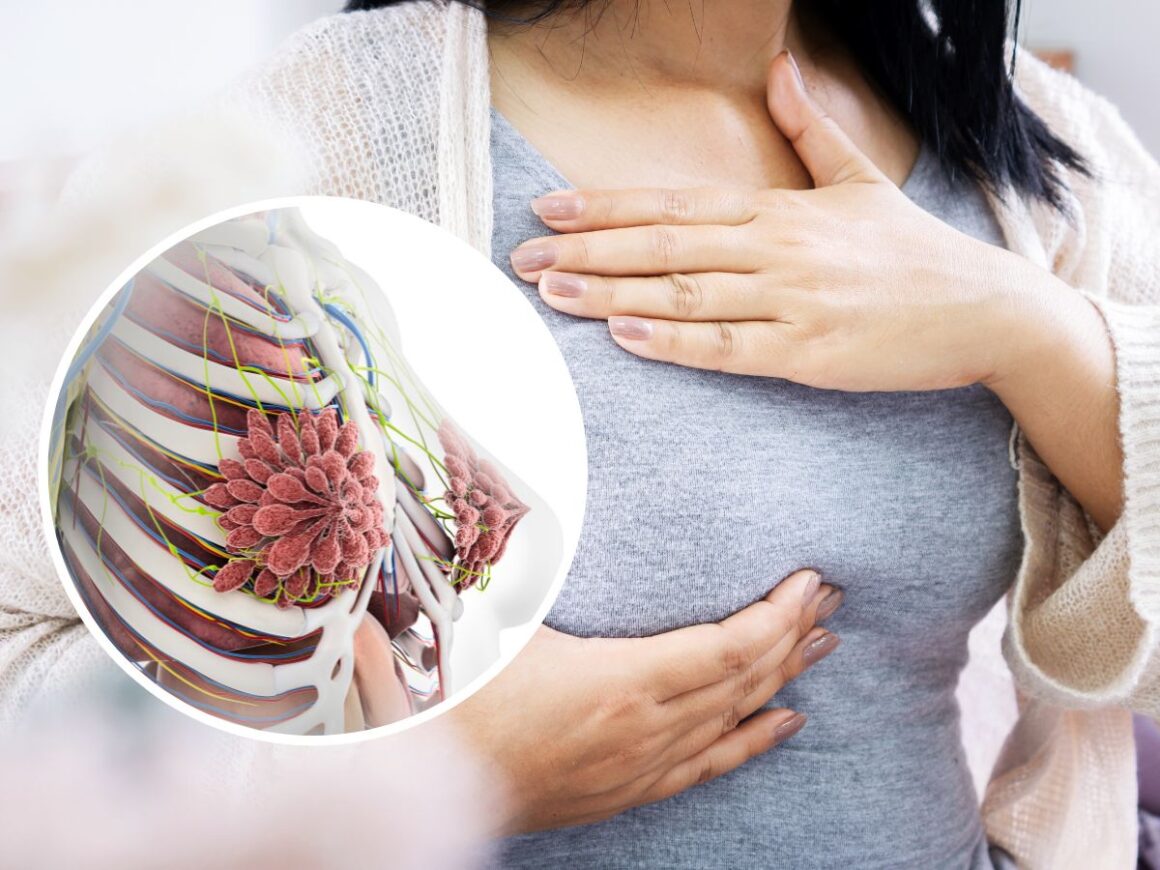New Delhi, October 22: Breast cancer is no longer just a concern for older women—it’s increasingly affecting younger women, particularly those in their 20s and 30s. This concerning trend prompts several important questions: Why are we seeing more breast cancer cases in younger women? What factors might be contributing to this rise? Why is it so important to catch it early, and how can we increase awareness? This article delves into these urgent topics, emphasizing the need for education and proactive health strategies.
Breast Cancer: Why Are Cases Rising?
Recent research shows a worrying increase in breast cancer diagnoses among young women. Data from the American Cancer Society reveals that the incidence rate for those in their 20s and 30s has risen by around 2% each year over the last decade. This alarming trend highlights a reality that we must confront: breast cancer is not just a disease affecting older women. The rise in cases calls for enhanced screening and awareness initiatives specifically aimed at younger populations.
What Are The Risk Factors of Breast Cancer?
Various risk factors are linked to the growing number of breast cancer cases among younger women. Lifestyle elements—like diet, alcohol intake, and physical inactivity—play a significant role in increasing breast cancer risk. Moreover, genetic factors, particularly mutations in the BRCA1 and BRCA2 genes, are becoming increasingly recognized among younger people. Environmental influences, such as exposure to certain chemicals and pollutants, also contribute to this unsettling trend. Recognizing these risk factors is crucial for creating effective prevention strategies.
Importance of Early Detection
Catching breast cancer early is vital for successful treatment. Young women often neglect regular screenings, wrongly believing they are not at risk. However, breast cancer can be more aggressive in younger individuals, and identifying it in its early stages dramatically improves survival rates. Health professionals advocate that women start performing regular self-examinations and have conversations about screening with their healthcare providers, regardless of age. Awareness campaigns tailored to young women can highlight the importance of early detection and self-advocacy.
Raising Awareness: The Role of Education
Education is key to tackling the increase in breast cancer cases among young women. By spreading awareness about the signs and symptoms, we can empower women to seek medical help sooner. Schools, universities, and community groups should implement educational programs that promote breast health, self-examination skills, and the significance of regular health check-ups. Social media campaigns can also be powerful tools for raising awareness and fostering dialogue about breast cancer.
Support systems are vital for young women facing a breast cancer diagnosis. Many young patients grapple with unique challenges—such as concerns about fertility and the impact on their careers and social lives. Creating support groups specifically for younger women can provide a nurturing space for sharing experiences, resources, and emotional encouragement. These communities can also push for more research and funding focused on breast cancer affecting younger demographics.
How Can Healthcare Officials Help?
Healthcare providers play a critical role in acknowledging the rise in breast cancer cases among young women. By cultivating open communication and encouraging discussions about breast health, they can help normalize conversations around breast cancer. Training medical professionals to recognize symptoms in younger patients can lead to earlier diagnosis and improved outcomes. Additionally, healthcare providers should advocate for genetic testing in women who have a family history of breast cancer.
The increase in breast cancer cases among women in their 20s and 30s is a significant public health challenge that needs urgent action. By understanding the risk factors, focusing on early detection, and enhancing awareness through educational initiatives, we can empower young women to take control of their health. Establishing solid support systems and proactive healthcare measures can greatly influence outcomes for this group. As we confront this escalating issue, it remains essential to nurture a culture of awareness and action to combat breast cancer effectively.

